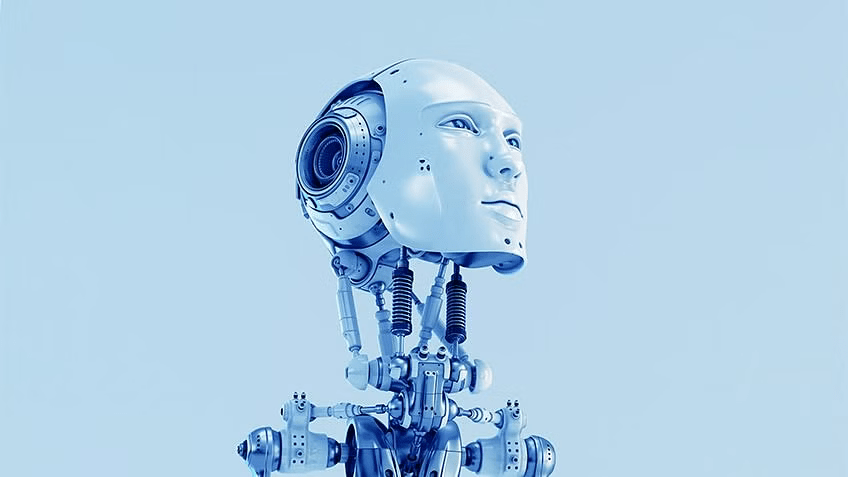

Introduction: Generative AI, a subset of artificial intelligence (AI), has garnered significant attention and excitement for its ability to create realistic and innovative content. However, beneath its captivating allure lies a potential danger that deserves careful consideration. In this article, we delve into the hidden risks associated with generative AI, shedding light on why it poses a greater threat than many realize. By understanding the darker side of this technology, we can take proactive measures to address the challenges it presents.
-
Manipulation of Information: Generative AI has the power to produce highly convincing and deceptive content, including text, images, and videos. This opens the door for malicious actors to exploit the technology to spread false information, manipulate public opinion, and create sophisticated deepfake media. Such misuse can undermine trust, fuel disinformation campaigns, and have far-reaching social and political consequences.
-
Amplification of Biases: Like other AI systems, generative AI learns from existing data. If the training data contains inherent biases or prejudices, the generated content may also reflect those biases. This perpetuates and amplifies societal inequalities, reinforcing stereotypes and discrimination. Unchecked deployment of generative AI without bias mitigation measures can exacerbate existing social divisions and deepen injustices.
-
Privacy and Security Concerns: Generative AI algorithms rely on vast amounts of data to create realistic outputs. This reliance raises serious privacy concerns, as personal information could be exploited to generate deceptive content. Additionally, the potential for AI-generated deepfake videos threatens the privacy and reputation of individuals, as they can be manipulated to depict individuals engaging in activities they never participated in. This poses significant challenges for privacy protection and raises questions about the security of sensitive data.
-
Job Displacement and Economic Impact: As generative AI continues to advance, there is growing concern about its potential impact on the job market. AI systems could automate tasks traditionally performed by humans, leading to job displacement and economic disruption. Some estimates suggest that millions of jobs could be at risk due to AI automation. It is crucial to address the ethical and socioeconomic implications of this technology to ensure a smooth transition and minimize the negative consequences on the workforce.
-
Ethical Considerations and Lack of Accountability: The rapid development and deployment of generative AI have outpaced the establishment of comprehensive ethical guidelines and regulatory frameworks. This lack of accountability raises ethical questions regarding the responsible use of this technology. Striking a balance between innovation and safeguarding societal well-being is essential to prevent unintended harm and ensure the ethical adoption of generative AI.
Conclusion: While generative AI offers remarkable possibilities, we must be aware of its potential dangers. The ability to generate highly realistic and manipulative content, the amplification of biases, privacy concerns, job displacement, and the lack of accountability all highlight the need for caution and responsible implementation. By fostering a deeper understanding of these risks, we can work towards developing robust safeguards, ethical frameworks, and regulatory measures to harness the benefits of generative AI while mitigating its potential negative impacts.